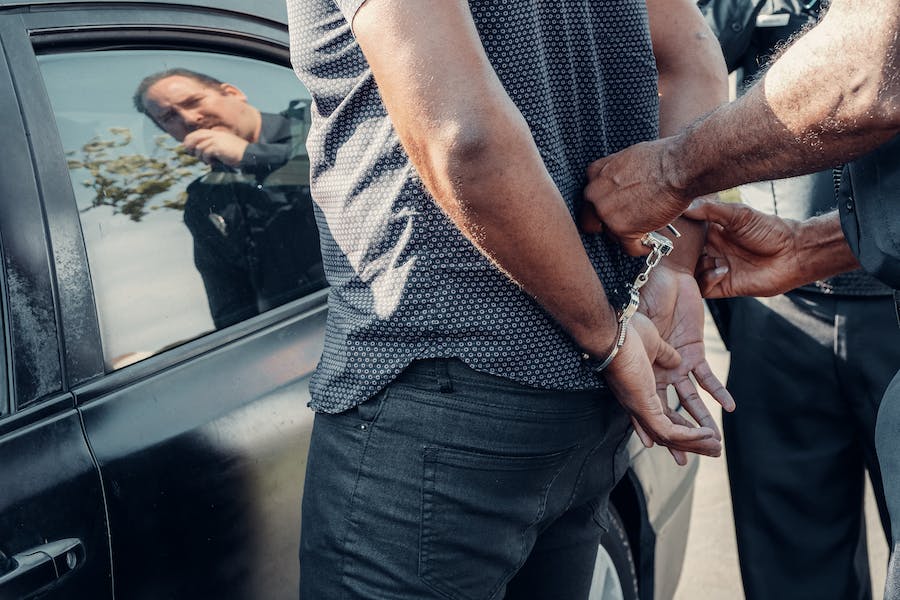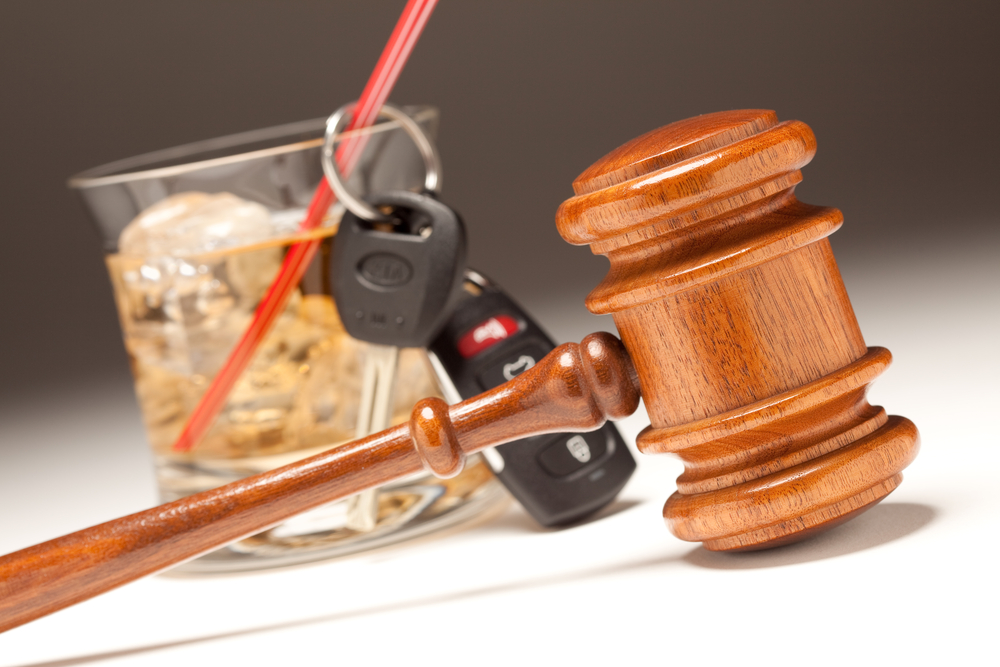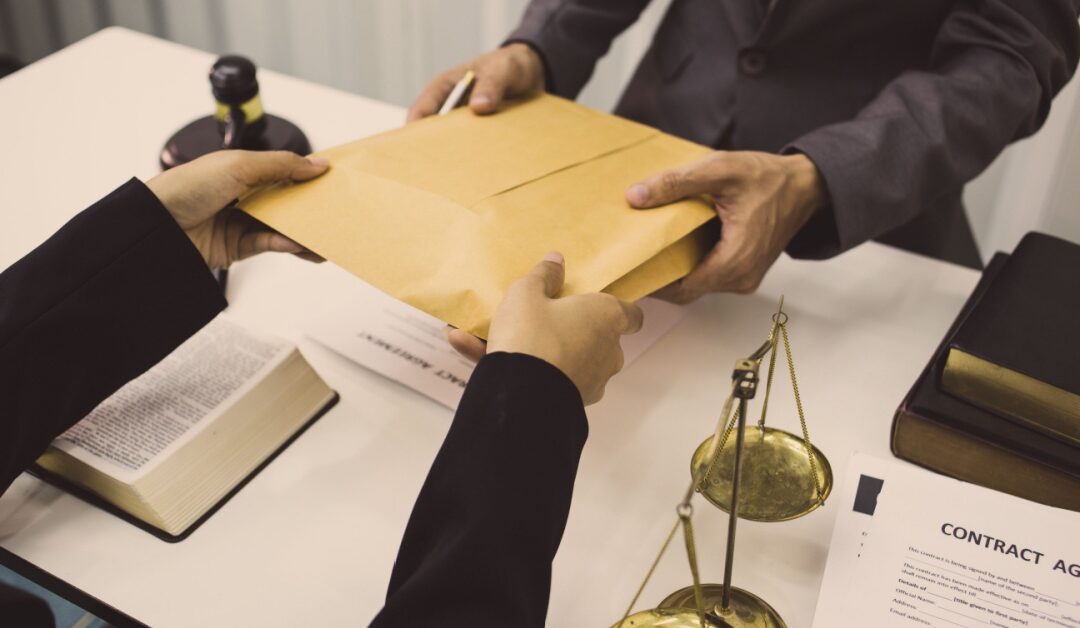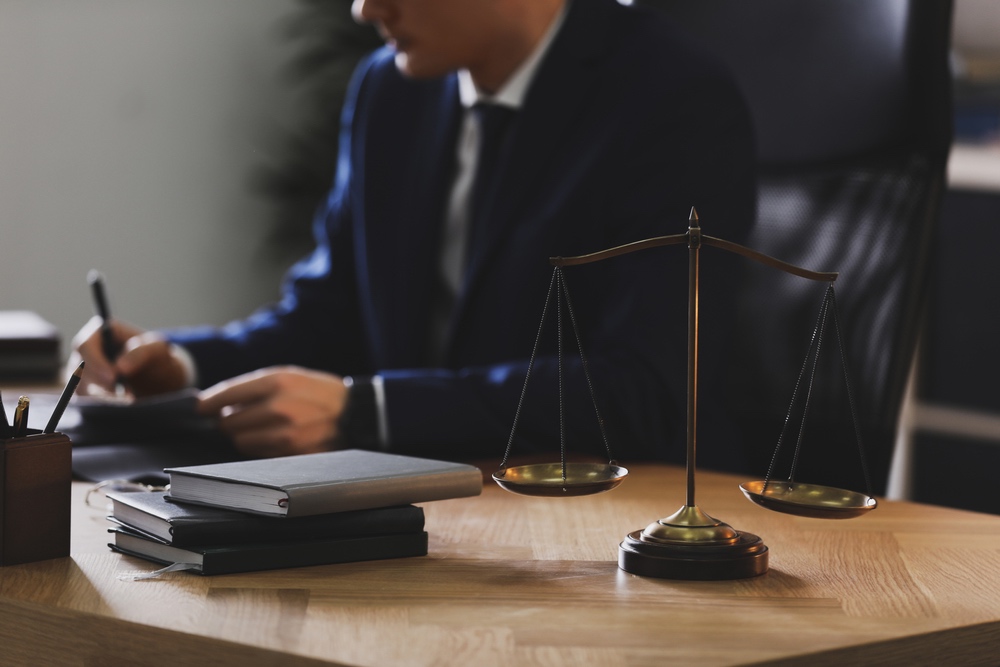Driving under the influence (DUI) is one of the most frequently prosecuted offenses in California. Even a first-time conviction can lead to serious consequences, including license suspension, fines, and a permanent criminal record. Navigating these charges can be overwhelming, especially for individuals unfamiliar with the legal system.
A DUI lawyer San Francisco provides the specialized legal knowledge and representation necessary to ensure that defendants understand their rights, receive fair treatment, and pursue the best possible outcome under California law.
This article explores how DUI cases are handled in San Francisco, what a DUI lawyer does, and the legal principles that shape these proceedings.
The Legal Definition of a DUI in California

What Constitutes a DUI?
In California, it is illegal to operate a vehicle while under the influence of alcohol, drugs, or any combination of the two. Under California Vehicle Code §23152, a driver can be charged with DUI if:
- Their blood alcohol concentration (BAC) is 0.08% or higher (for most adult drivers).
- They are impaired by alcohol or drugs to the extent that they cannot drive safely.
For certain drivers, stricter limits apply. Commercial drivers face a 0.04% BAC threshold, while individuals under 21 years old can be charged with a DUI for a BAC as low as 0.01%.
The Arrest Process
A DUI arrest typically begins with a traffic stop or checkpoint. Law enforcement officers may conduct field sobriety tests and breathalyzer tests to determine impairment. If the driver is arrested, they are taken into custody, their license may be temporarily confiscated, and a report is sent to the California Department of Motor Vehicles (DMV) for administrative review.
A DUI lawyer San Francisco assists clients immediately after arrest by guiding them through these procedures and protecting their legal rights from the outset.
The Role of a DUI Lawyer

Legal Evaluation and Strategy
The first task of a DUI lawyer San Francisco is to analyze all aspects of the case, from the legality of the traffic stop to the accuracy of chemical tests. Attorneys evaluate:
- Whether the officer had probable cause for the stop.
- If testing equipment was properly calibrated and maintained.
- Whether the defendant’s constitutional rights were violated during arrest or interrogation.
By scrutinizing these details, a lawyer can identify procedural errors or weaknesses in the prosecution’s evidence that may influence the outcome.
Representation in Court and DMV Hearings
DUI cases involve two separate legal proceedings:
- Criminal Court Case – Determines guilt and imposes penalties such as fines, probation, or jail time.
- DMV Administrative Hearing – Decides whether the driver’s license will be suspended.
An experienced attorney represents clients in both forums, ensuring consistency between defense strategies. The lawyer may negotiate plea agreements, seek reduced charges, or advocate for alternative sentencing options such as alcohol education programs.
Protecting the Defendant’s Rights
Every person accused of a crime has fundamental rights, including the right to remain silent, the right to legal representation, and the right to a fair trial. A DUI attorney ensures that law enforcement and prosecutors respect these protections. For example, if an arresting officer failed to inform a suspect of their Miranda rights, any statements made afterward may be deemed inadmissible in court.
Penalties for DUI Convictions in San Francisco

First-Time Offenses
Even first-time DUI offenders face significant penalties under California law. These may include:
- Fines ranging from $1,000 to $2,000, including court fees.
- A six-month license suspension imposed by the DMV.
- Up to six months in county jail, though many sentences involve probation.
- Mandatory DUI education programs lasting three to nine months.
A DUI lawyer San Francisco can often negotiate for reduced penalties or alternatives such as community service or installation of an ignition interlock device (IID), which allows limited driving privileges during probation.
Repeat and Aggravated Offenses
Penalties escalate sharply for repeat offenders or cases involving aggravating factors, such as accidents causing injury, excessive speed, or a minor in the vehicle. Subsequent convictions within a ten-year period can result in longer jail sentences, multi-year license suspensions, and felony charges.
In severe cases, such as those involving bodily harm or fatalities, defendants may face vehicular manslaughter or felony DUI charges, carrying potential prison terms. Skilled attorneys work to ensure that the punishment aligns with the circumstances and that mitigating factors, such as a clean prior record or cooperation, are considered.
The Science and Controversy of DUI Evidence

Chemical and Field Tests
Evidence in DUI cases often hinges on chemical testing of breath, blood, or urine. However, these tests are not infallible. Improper administration, equipment malfunction, or even certain medical conditions (like diabetes or acid reflux) can produce inaccurate readings.
A DUI lawyer San Francisco may challenge these results by requesting expert testimony or reviewing laboratory procedures to ensure compliance with state regulations.
Body Camera and Dashcam Footage
Modern law enforcement tools, including body cameras and dashboard cameras, can provide valuable evidence in DUI cases. Footage can corroborate or contradict police reports, especially regarding the driver’s behavior, field sobriety performance, or the legality of the stop. Attorneys use such evidence to strengthen the defense or seek dismissal of unjust charges.
The Local Legal Landscape
San Francisco courts handle hundreds of DUI cases annually, each with its unique facts and challenges. Judges and prosecutors in the Bay Area adhere closely to California’s standardized sentencing guidelines but also consider local diversion programs that emphasize rehabilitation over punishment.
A DUI lawyer San Francisco familiar with local procedures, prosecutors, and diversion options can provide critical insights that influence case outcomes. Their familiarity with San Francisco Superior Court processes and the California DMV’s local office ensures efficiency and accuracy in case management.
Legal Resources and Further Reading
For individuals seeking more information about DUI laws and procedures in California, the California Department of Motor Vehicles (DMV) provides detailed resources on administrative penalties and hearing rights. The California Courts website also offers guidance on criminal case procedures and sentencing guidelines.
Conclusion
A DUI lawyer San Francisco serves as a crucial advocate for anyone accused of driving under the influence. These professionals combine legal analysis, procedural expertise, and advocacy to ensure that defendants receive fair treatment under the law. By evaluating evidence, challenging improper procedures, and negotiating reasonable outcomes, DUI attorneys help clients navigate one of the most stressful legal challenges they may ever face.
Understanding the legal process, and the importance of qualified representation, underscores the essential role these lawyers play in upholding justice within San Francisco’s criminal system.

